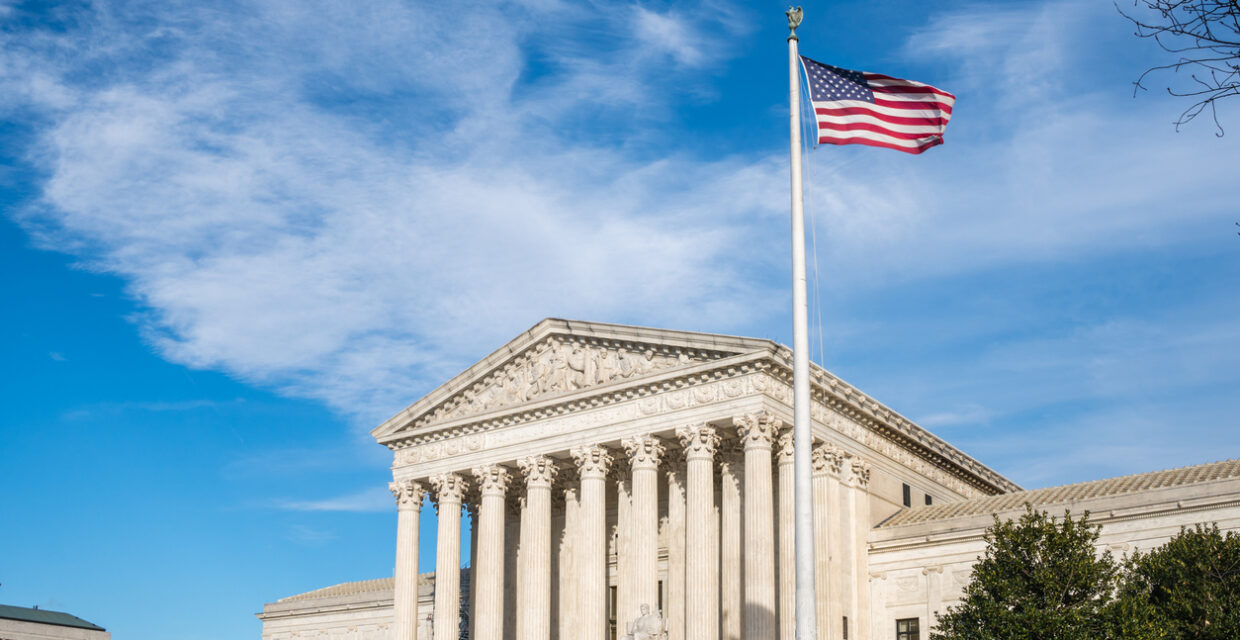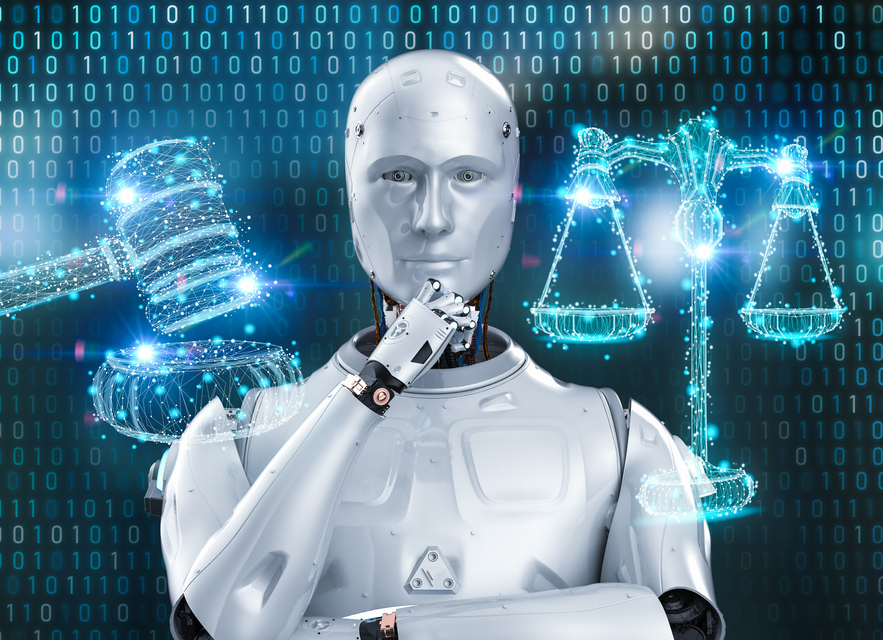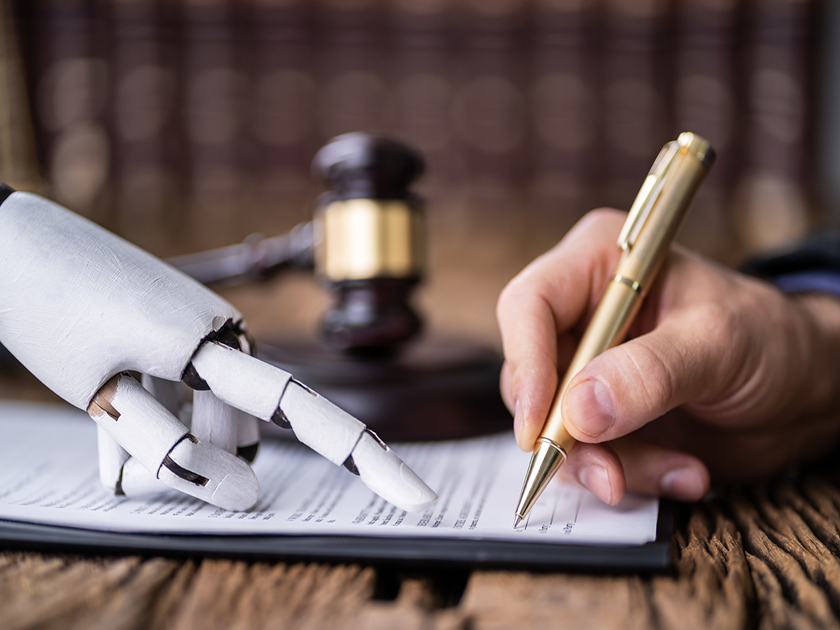Pennsylvania Trade Secret Act (12 Pa. C.S. 5301-08)
COMMERCE AND TRADE (12 PA.C.S.) AND CRIMES AND OFFENSES (18 PA.C.S.) – TRADE SECRETS AND OFFENSE OF THEFT OF TRADE SECRETS
SB 152
Act of Feb. 19, 2004, P.L. 143, No. 14
Session of 2004
No. 2004-14
AN ACT
Cl. 12
Amending Titles 12 (Commerce and Trade) and 18 (Crimes and Offenses) of the Pennsylvania Consolidated Statutes, adding provisions relating to trade secrets; and further providing for the offense of theft of trade secrets.
The General Assembly of the Commonwealth of Pennsylvania hereby enacts as follows:
Section 1. Title 12 of the Pennsylvania Consolidated Statutes is amended by adding a chapter to read:
CHAPTER 53 TRADE SECRETS
Sec.
5301. Short title of chapter.
5302. Definitions.
5303. Injunctive relief.
5304. Damages.
5305. Attorney fees.
5306. Preservation of secrecy.
5307. Statute of limitations.
5308. Effect on other law.
§ 5301. Short title of chapter.
This chapter shall be known and may be cited as the Uniform
Trade Secrets Act.
§ 5302. Definitions.
The following words and phrases when used in this chapter
shall have the meanings given to them in this section unless
the context clearly indicates otherwise:
“Improper means.” Includes, but is not limited to, theft,
bribery, misrepresentation, breach or inducement of a breach
of a duty to maintain secrecy or espionage through electronic
or other means.
“Misappropriation.” Includes:
(1) acquisition of a trade secret of another by a person
who knows or has reason to know that the trade secret was
acquired by improper means; or
(2) disclosure or use of a trade secret of another
without express or implied consent by a person who:
(i) used improper means to acquire knowledge of the
trade secret;
(ii) at the time of disclosure or use, knew or had
reason to know that his knowledge of the trade secret
was:
(A) derived from or through a person who had utilized improper means to acquire it;
(B) acquired under circumstances giving rise to a duty to maintain its secrecy or limit its use; or
(C) derived from or through a person who owed a duty to the person seeking relief to maintain its secrecy or limit its use; or
(iii) before a material change of his position, knew or had reason to know that it was a trade secret and that knowledge of it had been acquired by accident or mistake.
“Person.” A natural person, corporation, business trust, estate, trust, partnership, association, joint venture, government, governmental subdivision or agency or any other legal or commercial entity.
“Trade secret.” Information, including a formula, drawing, pattern, compilation including a customer list, program, device, method, technique or process that:
(1) Derives independent economic value, actual or potential, from not being generally known to, and not being readily ascertainable by proper means by, other persons who can obtain economic value from its disclosure or use.
(2) Is the subject of efforts that are reasonable under the circumstances to maintain its secrecy.
“Willful and malicious.” Such intentional acts or gross neglect of duty as to evince a reckless indifference of the rights of others on the part of the wrongdoer, and an entire want of care so as to raise the presumption that the person at fault is conscious of the consequences of his carelessness.
§ 5303. Injunctive relief.
(a) Injunctions.–Actual or threatened misappropriation may
be enjoined. Upon application to the court, an injunction shall
be terminated when the trade secret has ceased to exist, but
the injunction may be continued for an additional reasonable
period of time in order to eliminate commercial advantage that
otherwise would be derived from the misappropriation.
(b) Exceptional circumstances.–In exceptional
circumstances, an injunction may condition future use upon
payment of a reasonable royalty for no longer than the period
of time for which use could have been prohibited. Exceptional
circumstances include, but are not limited to, a material and
prejudicial change of position prior to acquiring knowledge or
reason to prejudicial change of position prior to acquiring
knowledge or reason to know of misappropriation that renders a
prohibitive injunction inequitable.
(c) Affirmative acts compelled by court order.–In
appropriate circumstances, affirmative acts to protect a trade
secret may be compelled by court order.
§ 5304. Damages.
(a) Monetary damages.–Except to the extent that a material
and prejudicial change of position prior to acquiring knowledge
or reason to know of misappropriation renders a monetary
recovery inequitable, a complainant is entitled to recover
damages for misappropriation. Damages can include both the
actual loss caused by misappropriation and the unjust enrichment
caused by misappropriation that is not taken into account in
computing actual loss. In lieu of damages measured by any other
methods, the damages caused by misappropriation may be measured
by imposition of liability for a reasonable royalty for a
misappropriator’s unauthorized disclosure for use of a trade
secret.
(b) Exemplary damages.–If willful and malicious
misappropriation exists, the court may award exemplary damages
in an amount not exceeding twice any award made under subsection
(a).
§ 5305. Attorney fees.
A court may award reasonable attorney fees, expenses and costs to the prevailing party:
(1) if a claim of misappropriation is made in bad faith;
(2) a motion to terminate an injunction is made or
resisted in bad faith; or
(3) willful and malicious misappropriation exists.
§ 5306. Preservation of secrecy.
In any action under this chapter, a court shall preserve the
secrecy of an alleged trade secret by reasonable means which
may include, but are not limited to, granting protective orders
in connection with discovery proceedings, holding in camera
hearings, sealing the records of the action and ordering any
person involved in the litigation not to disclose an alleged
trade secret without prior court approval.
§ 5307. Statute of limitations.
An action under this chapter for misappropriation must be
brought within three years after the misappropriation was
discovered or by the exercise of reasonable diligence should
have been discovered.
§ 5308. Effect on other law.
(a) General rule.–Except as provided in subsection (b),
this chapter displaces conflicting tort, restitutionary and
other law of this Commonwealth providing civil remedies for
misappropriation of a trade secret.
(b) Exceptions.–This chapter does not affect:
(1) contractual remedies, whether or not based upon
misappropriation of a trade secret;
(2) other civil remedies that are not based upon
misappropriation of a trade secret; or
(3) criminal remedies, whether or not based upon
misappropriation of a trade secret.
Section 2. Section 3930 of Title 18 is amended to read:
§ 3930. Theft of trade secrets.
(a) Felony of the second degree.–A person is guilty of a
felony of the second degree if he:
(1) by force or violence or by putting him in fear takes
from the person of another any article representing a trade
secret; [or]
(2) willfully and maliciously enters any building or
other structure with intent to obtain unlawful possession
of, or access to, an article representing a trade secret[.];
or
(3) willfully and maliciously accesses any computer, computer network or computer system, whether in person or electronically, with the intent to obtain unlawful possession of, or access to, an article representing a trade secret.
(b) Felony of the third degree.–A person is guilty of a felony of the third degree if he, with intent to wrongfully deprive of, or withhold from the owner, the control of a trade secret, or with intent to wrongfully appropriate a trade secret for his use, or for the use of another:
(1) unlawfully obtains possession of, or access to, an article representing a trade secret; or
(2) having lawfully obtained possession of an article representing a trade secret, or access thereto, converts such article to his own use or that of another person, while having possession thereof or access thereto makes, or causes to be made, a copy of such article, or exhibits such article to another.
(c) Further disposition irrelevant.–The crime or crimes defined in subsections (a) and (b) of this section shall be deemed complete without regard to the further disposition,
return, or intent to return, of the article representing a trade secret.
(d) Defense.–It shall be a complete defense to any prosecution under subsection (b) of this section for the defendant to show that information comprising the trade secret was rightfully known or available to him from a source other than the owner of the trade secret.
(e) Definitions.–As used in this section the following words and phrases shall have the meanings given to them in this subsection:
“Article.” Any object, material, device or substance or copy thereof, including any writing, record, recording, drawing, description, sample, specimen, prototype, model, photograph, microorganism, blueprint or map.
“Computer.” An electronic, magnetic, optical, hydraulic, organic or other high-speed data processing device or system which performs logic, arithmetic or memory functions and includes all input, output, processing, storage, software or communication facilities which are connected or related to the device in a system or network.
“Computer network.” The interconnection of two or more computers through the usage of satellite, microwave, line or other communication medium.
“Computer system.” A set of related, connected or unconnected computer equipment, devices and software.
“Copy.” Any facsimile, replica, photograph or reproduction of, an article, or any note, drawing, sketch, or description made of, or from an article.
“Representing.” Describing, depicting, containing, constituting, reflecting or recording.
“Trade secret.” The whole or any portion or phase of any scientific or technical information, design, process, procedure, formula or improvement which is of value and has been specifically identified by the owner as of a confidential character, and which has not been published or otherwise become a matter of general public knowledge. There shall be a rebuttable presumption that scientific or technical information has not been published or otherwise become a matter of general public knowledge when the owner thereof takes measures to prevent it from becoming available to persons other than those selected by him to have access thereto for limited purposes.
(f) Construction.–Nothing in this section shall be construed to interfere with or prohibit terms or conditions in a contract or license related to a computer, a computer network or computer software.
Section 3. In applying and construing 12 Pa.C.S. Ch. 53, comments or reports of the type referred to in 1 Pa.C.S. § 1939 shall control in the event of a conflict between such comments or reports and the policy of uniformity provided under 1 Pa.C.S.
§ 1927.
Section 4. This act shall not apply to misappropriation
occurring prior to the effective date of this act, including a
continuing misappropriation that began prior to the effective
date of this act and which continues to occur after the
effective date of this act.
Section 5. This act shall take effect in 60 days.






